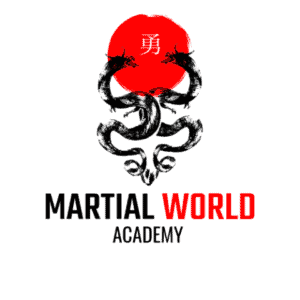Maybe the kids are finally out of the nest. Maybe you’ve just retired and you don’t want to sit around watching TV. Or maybe you just miss the smell of a good gym (rubber mats, Tiger Balm, and floor cleaner). No matter the reason that brought you to where you are right now, you’re asking yourself, “Am I too old to for martial arts?“
In general, nobody is too old for martial arts, so long as you can stand, raise your arms, and move your legs. And aside from the fun you’ll have, there are many health reasons to begin training, such as increased cardio health, improved balance, and reinvigorated strength.
But before you sign up for the toughest Muay Thai gym in your area, let’s get to the question you’re really asking…
Am I Healthy Enough for Martial Arts?
The question of age is just a proxy. This is really the fundamental question being asked. And the answer to this question is one that you, and likely your doctor, will have to answer. Take a bit of time and really take stock of your body.
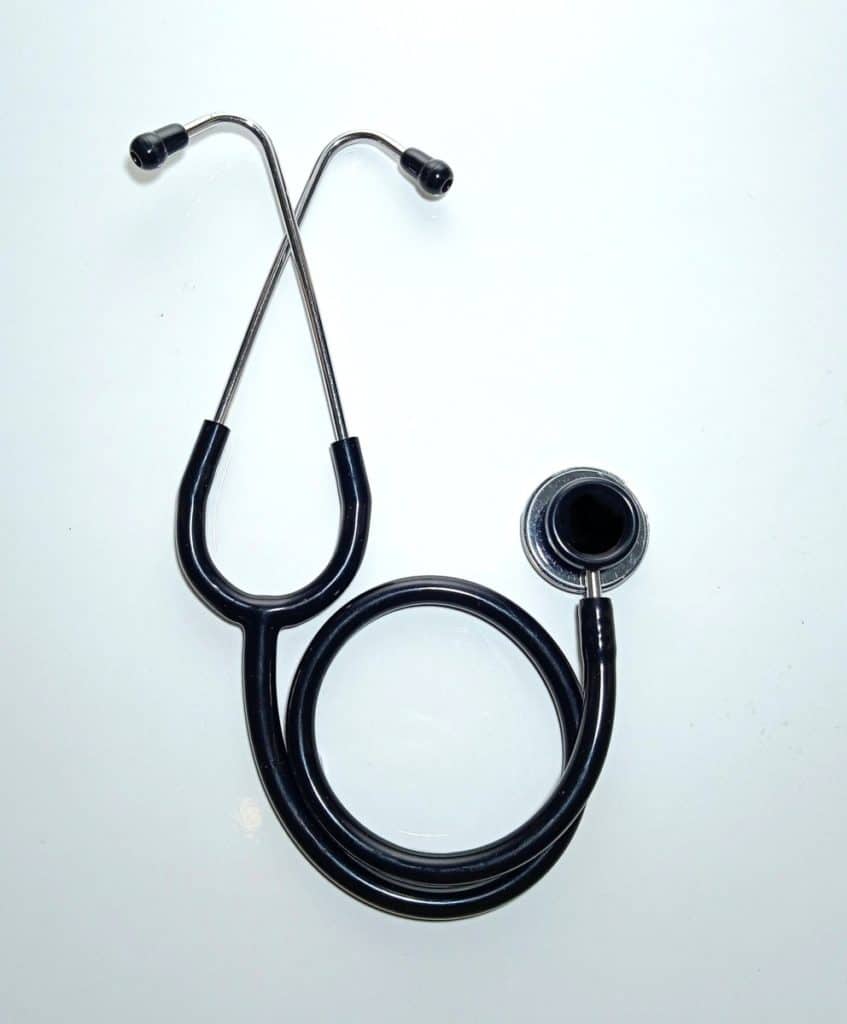
- What hurts when you get out of bed?
- What hurts at the end of the day?
- What old injuries do you carry with you?
- Any surgeries (replaced hip, new knee, rebuilt shoulder, etc)?
- Do you fatigue very easily?
- Can you stand on one foot without falling over?
- Do you suffer from equilibrium issues?
- What is your current resting heart rate?
- What kind of exercise has your doctor previously recommended?
Questions like these will not only help determine whether you should take up the martial arts at all, but also help guide which martial art you should choose.
The Hard Truth
Now here’s the ugly truth: there are some people who are too old or too unhealthy for martial arts training. My father, toward the end of his life, could hardly walk from one room to the next without needing to catch his breath. There would have been nothing positive to gain from him enrolling in a Taekwondo class.
But even if you aren’t suffering from advanced stages of disease or disability, you may still be too old for certain martial arts goals. For example, if you’re 50 and you’ve always wanted to become a UFC champ, then it may be better to reevaluate your expectations.
Now before you start feeling discouraged, let me make the case for joining a dojo no matter how old you might be.
Why Should Older Adults take Martial Arts?
This question should be an article all on its own because there are literally dozens of reasons that someone should take up martial arts training. These are just a few:
- Recapture your youthful strength – Unless you’re something of a health nut, odds are good you have noticed your strength waning over the years. Training will allow you to steal it back!
- Cardio health – Has your doctor has been nagging you to lower your blood pressure but the prospect of miles of running is less appealing than taking a cheese grater to your face? Then I’ve got some good news. Even mild martial arts styles can provide you with the same cardiovascular benefits.
- Improved balance – Have you slipped, fallen, and gotten injured? Or worried that you might? Whether its Tai-Chi, Muay Tai, or Karate, your balance and stability will improve dramatically, allowing you to stay on your feet.
- Injury prevention – But even if you do fall, a key skill in almost all martial arts is how to fall safely. Even beyond that, your body will be less susceptible to injury as a whole once it has been trained.
- Improved mental acuity – There are scores of studies that show exercise to be one of the best ways to improve your brain.
- Community – If you’re like most adults, the number of close friends you see often has dwindled over the years. Join a dojo and you’ll make half a dozen new friends by the end of your first week.
- Reduction in stress and anxiety – Once again, research has repeatedly shown that exercise, including martial arts training, is extremely effective at promoting mental and emotional health (sometimes just as effective as certain pharmaceutical drugs!)
Hopefully you’re feeling charged up and ready to hit the gym. But before that, we should really think about how you plan to train…
If you’re interested in learning more about health the benefits of martial arts click this link for another of my articles!
How to Train as an Older Adult
Most people think that growing older is always a disadvantage and they couldn’t be more wrong. Old and sneaky beats young and spry just as often as not. That said, if you’re new to the martial arts you will need to undergo your training very differently than someone in their teens or 20s. And that begins with choosing the style that both suits your goals and desired intensity.
If you’re just looking for a fun workout then it almost doesn’t matter which style you choose, as virtually all forms of martial arts training will give you a nice sweat while getting your heart rate up. But there are other goals that will lend better to certain styles than others. Here we’ll go over a few of the more common ones.
Physical Health
Whether it’s speed, strength, flexibility, balance, endurance, or weight loss, hard styles like Karate, Taekwondo, boxing, certain styles of Kung Fu, or Muay Thai will give you everything you need to reclaim some of the youthful vigor that you might have lost over the years. Just be sure you’re training smart (more on that later).
Self Defense
You might feel like the streets aren’t as safe as they were when you were a kid (and frankly I’m inclined to agree for many locales), so it is only logical that you would want to protect yourself should trouble come calling. Understanding that awareness and the projection of confidence (AKA “not looking like an easy target”) are the best protection against street predators, most hard styles of martial arts will provide this to you in spades. These include Karate, Taekwondo, and Muay Thai. However, when it comes to the actual physical altercation, I would recommend grappling styles like Jujutsu (Japanese or Brazilian), and striking styles like Krav Maga or Boxing.
Spirituality
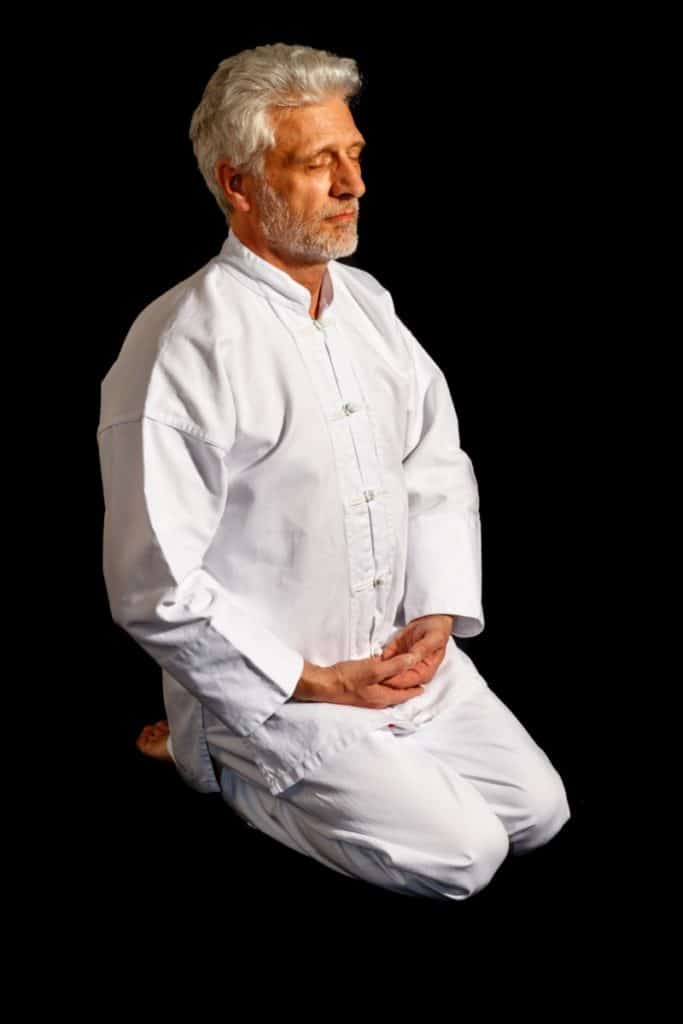
But maybe your goals are more esoteric. You’re not as concerned with pummeling street punks or getting your resting heart rate under 70 BPM, but you’ve always been curious about Eastern philosophy, meditation, or just having a more spiritual connection to your own body. Well, you might start this journey at your local library, but assuming you wanted martial training as well then styles like Karate, Kung Fu, Tai Chi, or Wing Chun would be good choices. Just be certain you speak with the instructor about this, as many schools do not emphasize this aspect in their training.
Okay! Now that you’ve chosen your style and taken your free lesson it’s just a matter of showing up and training as hard as you can, right? Well, no. Not so much. You’re not 22 anymore and that changes the landscape of your martial arts journey. So let’s take a closer look at how you’re going to effectively train for the long term.
Injuries
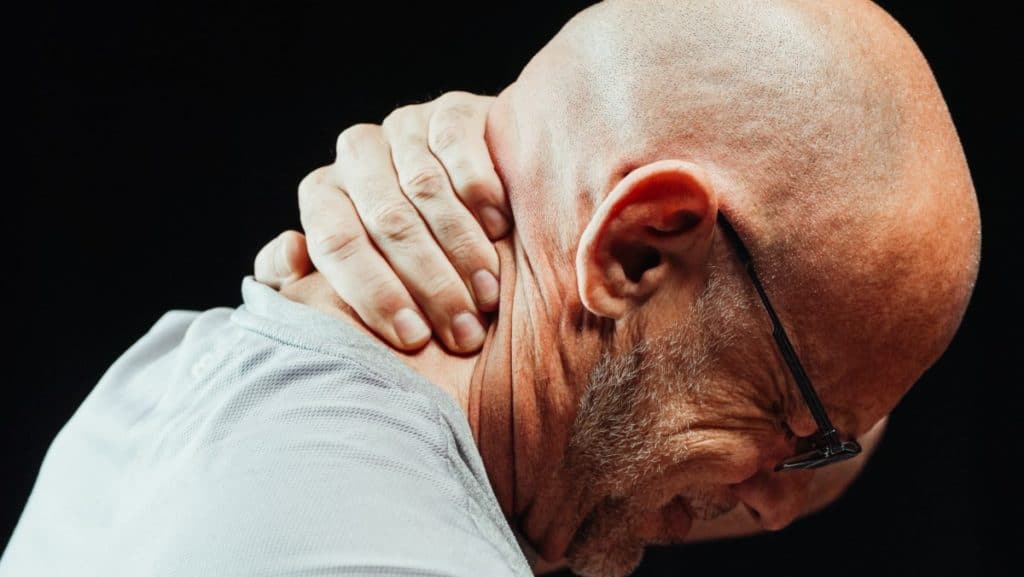
By this time in your life you’ve probably accumulated a few nagging injuries. A back ache from an old car accident 15 years ago, knee pain from reconstructive surgery, a bad elbow from a weightlifting injury in your teens, etc.
Some chronic injuries will improve with training and will benefit from “pushing through the pain”. But there are other injuries that will not. Your mind-body training will begin here as you start learning which types of pain you should lean into and which types you need to avoid and accommodate.
As a general rule, I lean into muscle and (some) ligament pain and I avoid joint pain. Muscles react well to stress and can repair and adapt. Cartilage, not so much. I also recommend testing these limits just a little at a time and allowing your body time to adapt. This isn’t a movie training montage; no need to try to rush things. And as always, speak to your physician if you have any concerns about this.
Rest/Recovery
Part of not rushing is allowing your body the time to recover from training. In my 20’s I was in the dojo Monday, Wednesday, and Friday, weightlifting on Tuesday, Thursday, and Saturday, and I’d go for a leisurely run on Sunday. This training regimen helped optimize my sparring-centered Karate training and it was a ton of fun. But do I think I could keep up that pace in my 90’s? That’s a big nope.
You will need to figure out where your “sweet spot” is (more mind-body training). Maybe that will be attending class only twice a week and focusing on flexibility and mobility on your off-days. Maybe that will be opting-out of sparring practice entirely so you can attend training 3 times a week. Or it could mean you only ever attend one class per week because that’s what your body allows you to do.
The point here is to listen to what your body is telling you and to obey it.
Nutrition
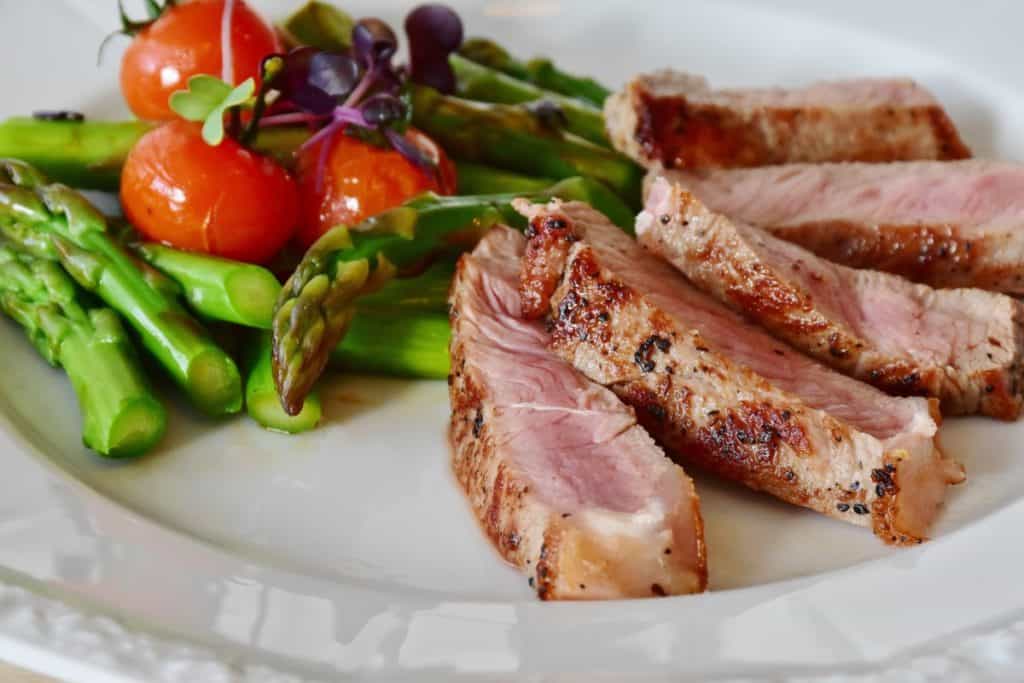
Paelo, carnivore, vegan, omnivore… Which one should you choose to support your martial arts training? Hell if I know. Frankly I don’t think you should choose your diet based on which one would give you a stronger punch, but rather which one will help optimize your overall health. This is a conversation you should have between you, your physician, and (because most physicians don’t know squat about nutrition), a dietician.
That said, I favor an omnivorous diet that’s high in protein and lower in carbohydrates. Restrictive diets tend to stress a person out and lead to binging and are thus not a good long term nutritional strategy. This is why I don’t recommend the use of diets like veganism or paleo/carnivore beyond one or two weeks at a time (such as right after the holidays).
That said, I favor an omnivorous diet that’s high in protein and vegetables and lower in carbohydrates. I came to this balance after years of paying attention to how I felt after what I had eaten. I recommend you do exactly the same thing after getting some guidance from a dietician or nutritionist. Then try increasing your protein for two weeks and see how you feel during/after training. Try reducing carbs. Try going vegan/vegetarian. Try. Try. Try.
Famous Old Fighters
By now you are hopefully convinced that you aren’t too told for martial arts training. But just in case, let me really drive this point home with a list of people who don’t let something trifling like age get in their way.
- Helio Gracie, one of the founders of Brazlian Jiu Jitsu, was still “rolling” (sparring) at the age of 94.
- Bob Barker, of “The Price is Right” fame, trained in Karate.
- At 67, Jackie Chan is still training in Kung Fu (I doubt you’ve suffered more injuries than this career stuntman!)
- In 2014 Willie Nelson achieved his 5th degree black belt in GwonKwon Yusul.
- Musician and actor Ice-T, age 64, still trains in Boxing and BJJ.
- Pro golfer Phil Mickelson, age 51, trains in Kung Fu & TKD.
- Joe Rogan, noted pod-caster and elk meat enthusiast, is still heavily active in martial arts at the age of 54.
Final Round
By now you should see that here is no age limit to martial arts; if you can move, you can train. And given how beneficial martial arts is to your health, it is no shock that even the elderly and disabled are finding reasons to sign up. Give it a shot. You won’t regret it.
Photo Attribution:
- Photo by RODNAE Productions from Pexels
- Photo by mari lezhava on Unsplash
- https://www.pexels.com/photo/man-people-woman-dancing-9271208/
- Photo by Manik Roy on Unsplash
- https://www.pexels.com/photo/asparagus-barbecue-cuisine-delicious-361184/
- Photo by Kindel Media from Pexels
